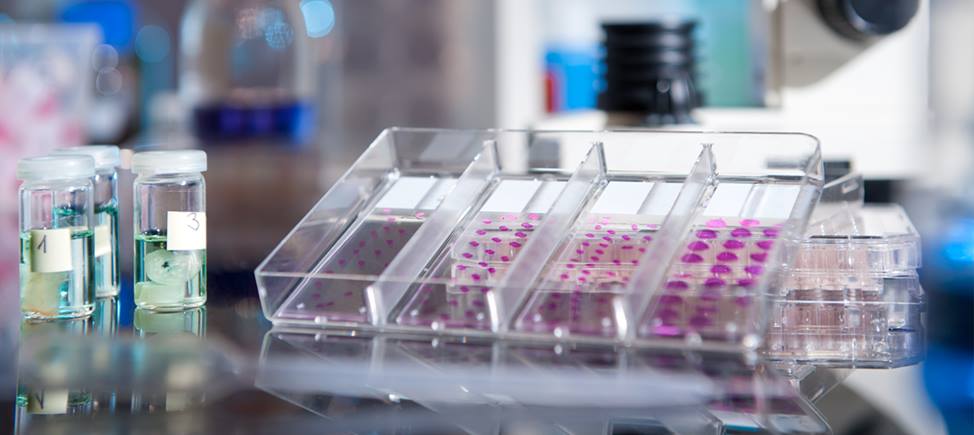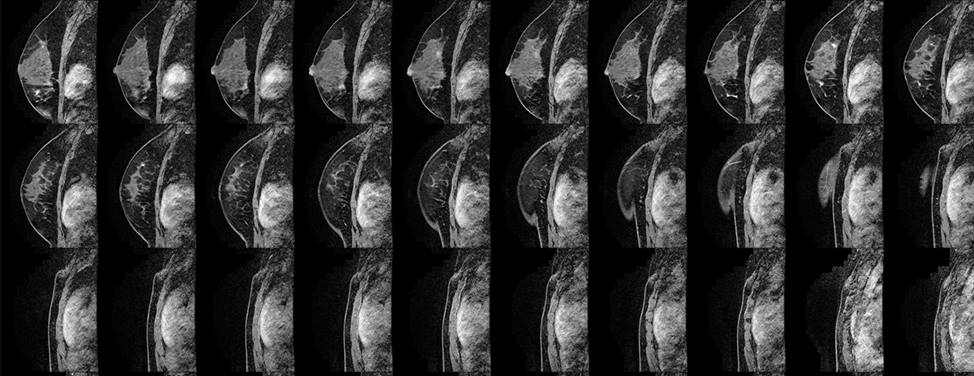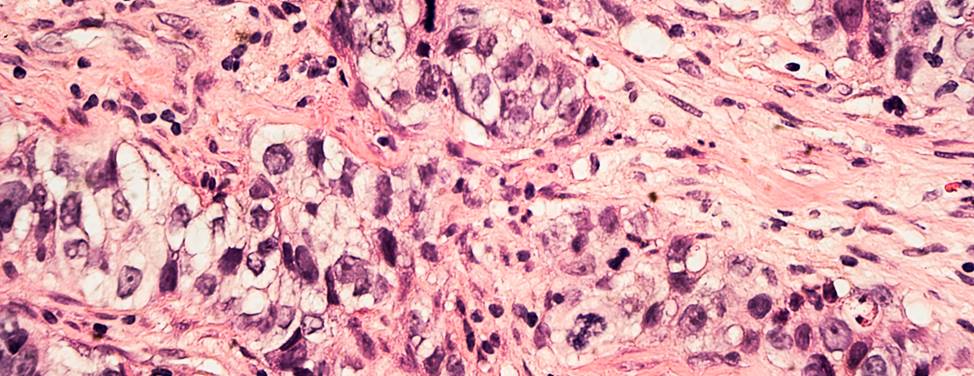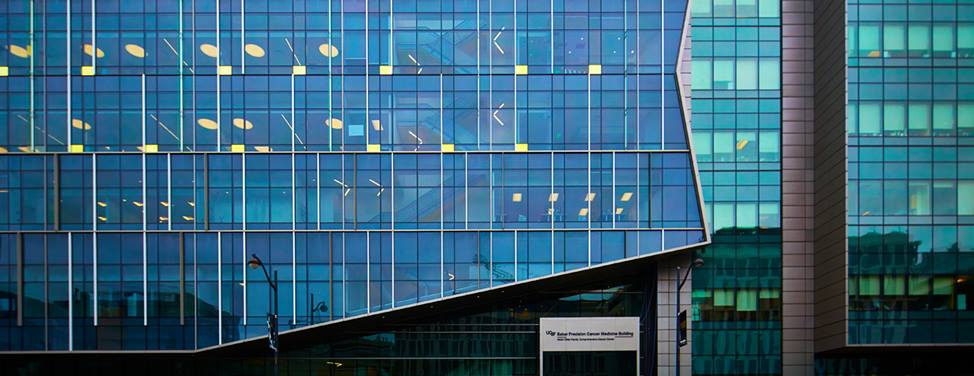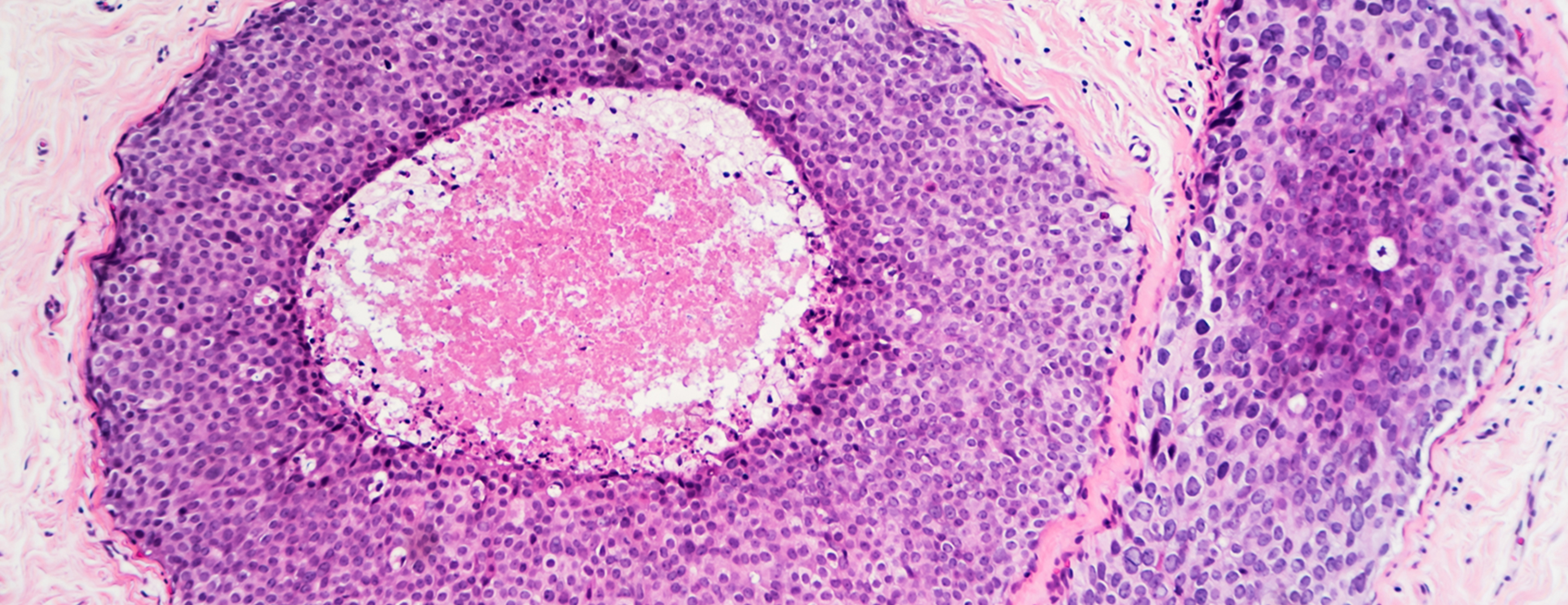
Biopsy for Breast Cancer Diagnosis: Surgical Breast Biopsy
Instructions Before Surgery
The following information will help you prepare for your upcoming surgery. We hope this information may help to make this experience more comfortable for you. If you have any questions regarding the instructions, please contact the Breast Care Center.
- You will need to have a responsible adult with you to drive you home. It is unsafe and against hospital policy to permit you to drive home after surgery when you have received any medication that might slow your responses, such as anesthesia, pain medication or medication to relieve anxiety.
- Do not eat or drink anything after midnight on the night before your surgery. Any medications that you take routinely should be taken at the usual time with a sip or two of water. People with diabetes, heart disease and other illnesses should contact their primary care doctor for directions. Inform us if you are taking Coumadin or other blood thinning medication.
- Do not take aspirin or aspirin-containing products for 10 days before your surgery. Tylenol is okay. Also, stop taking vitamin E supplements two weeks before your surgery or as soon as possible, although vitamin E in a multivitamin is okay.
- Wear comfortable clothing. Consider wearing a two-piece, loose outfit with a zipper or buttons in front that is really easy to put on. Some women prefer a loose dress with a zipper or buttons in front. Please bring it with you.
- Wear a supportive non-wire bra. A sports bra or a bra with fasteners in the front is best. The bra will provide comfort and support after your procedure. Please wear a bra for three to four days following surgery, even while you sleep. This minimizes post-operative bleeding and will make you more comfortable.
Instructions After Surgery
Pain Management
People experience different types and amount of pain or discomfort after surgery. The goal of pain management is to assess your own level of discomfort and to take medication as needed. You will have better results controlling your pain if you take pain medication before your pain is severe.
- You will be given a prescription for Vicodin for the management of moderate pain. It is recommended to take medication for pain when pain is experienced on a regular schedule. Ibuprofen (Advil or Motrin) or Tylenol can be added to or replace the Vicodin. Everyone is different and if one plan to decrease your pain is not working, it will be changed. Healing and recovery improve with good pain control.
- Please notify us of any drug allergies, reactions or medical problems that would prevent you from taking these drugs. Vicodin is a narcotic and should not be taken with alcoholic drinks. Do not use narcotics while driving.
- Narcotics also can cause or worsen constipation, so increase your fluid intake, eat high-fiber foods such as prunes and bran, and make sure that you get up and out of bed to take small walks.
- An icepack may be helpful to decrease discomfort and swelling, particularly to the armpit after a lymph node dissection. A small pillow positioned in the armpit also may decrease discomfort.
- Call your doctor or nurse if medication is not helping your pain, if you have problems with medication(s) or you are constipated.
Incision and Dressing Care
Your incision, or scar, has both stitches and steri-strips, which are small white strips of tape, and is covered by a gauze dressing and tape or a plastic dressing.
- Do not remove the dressing, steri-strips or stitches. We will remove the dressing in seven to 10 days. We also will remove the sutures in one to two weeks unless they absorb on their own. If the dressing or steri-strips fall off, do not attempt to replace them.
- You may shower one day after the drain(s) is out and if you have a plastic dressing.
- If you have gauze and paper tape, you may remove it two days after surgery and shower after that. Use a towel to dry your incision thoroughly after showering. Be careful not to touch or remove the steri-strips or sutures.
- Bruising and some swelling are common in women after surgery. If you experience a great deal of swelling, please call the Breast Care Center.
- A low-grade fever that is under 100° Fahrenheit is normal the day after surgery.
Activity
- Avoid strenuous activity, heavy lifting and vigorous exercise until the stitches are removed.
- Walking is a normal activity that can be restarted right away.
- If possible, plan to take the day off or plan a lighter day following the surgery.
Follow-Up Care
The pathology results from your biopsy should be available within one week after your surgery. We will contact you with the results by telephone or at your next post-operative visit. Please let us know the telephone number where you may be reached.
Follow-up appointments are generally made before surgery with your physician and possibly a nurse. Please contact the Breast Care Center if you do not have or remember an appointment.
Contact the Breast Care Center if you have any of the following symptoms, or if you have questions or emotional support needs you'd like to discuss. If the center's open, ask to speak with a nurse. If it's outside of regular business hours, tell the answering service that you need to speak with your doctor or the doctor on call.
- Pain that is not relieved by medication
- Fever more than 100° Fahrenheit or chills
- Excessive bleeding, such as a bloody dressing
- Excessive swelling
- Redness outside the dressing
- Discharge or bad odor from the wound
- Allergic or other reactions to medication(s)
- Constipation
- Anxiety, depression, trouble sleeping, need for more support
UCSF Health medical specialists have reviewed this information. It is for educational purposes only and is not intended to replace the advice of your doctor or other health care provider. We encourage you to discuss any questions or concerns you may have with your provider.







